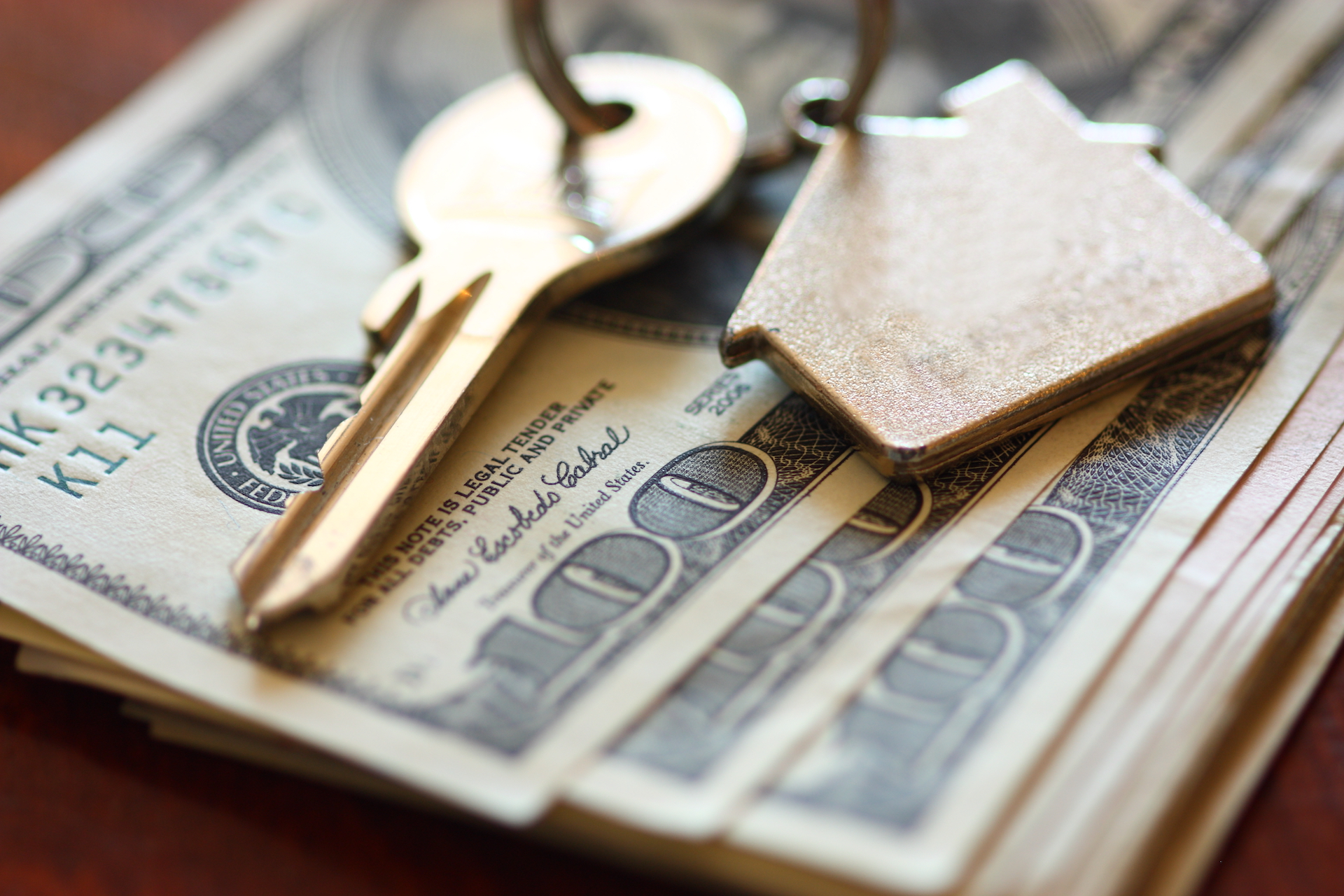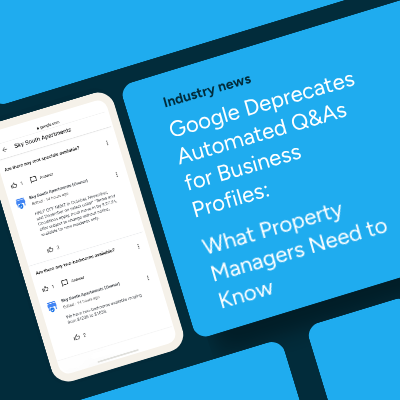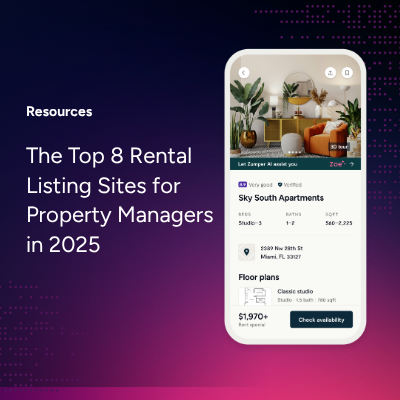
Landlords benefit from an accurate rent estimate since it affects their overall income, property value, and renter quality. However, rent estimates aren’t always easy to determine. To be accurate, they require a mixture of art, science, and expertise. Landlords can successfully find the right rent estimate for their rental properties by engaging in some best practices that maximize rental income and minimize vacancies.
What is a rent estimate?
A rent estimate is a calculation of the fair market rental value of a rental property. It isn’t a formal appraisal, and there isn’t a formula you can use to calculate a rent estimate. Instead, it’s an expert opinion on the value of a rental property based on the neighborhood, comparable rentals, market trends, competition, amenities, and features. Landlords can determine how much to rent their property for each month so that the price is low enough to attract quality renters but high enough to cover costs and still return a profit.
Why is a rent estimate important?
Setting the rent too low or too high for a rental property can be risky for landlords financially, while a fair rent estimate improves the performance of a rental business. If the rent is below fair market value, the landlord risks (although unwittingly):
- Attracting less desirable tenants
- Reducing net cash flow
- Lowering the value of the property
If the rent is above fair market value, the landlord risks:
- Prolonged vacancies
- High renter turnover
- Increased marketing expenses
If the rent is right at fair market value, the landlord can:
- Attract better renters who are more likely to pay on time
- Get needed cash flow to pay for operating expenses
- Reduce overall vacancy, which increases income
- Maximize the property value
Different Factors That Impact Rent Price
Many different factors can affect the fair market value of a rental property. Here are some of the most important:
- Home type: Whether the property is a single-family home or multi-family property will influence the rent price.
- Location: A rental unit near an excellent school or top-end retail shopping will command a higher rent rate than one near a noisy highway.
- Neighborhood features: Factors such as crime rate and availability of public transportation, as well as what’s within walking distance, can affect rent price.
- Local regulations: Eviction protection, rent increase limits, and rent stabilization ordinances are important to consider.
- Home size: Square footage, number of bedrooms and bathrooms, and a the size of the yard will have bearing on rent price.
- Season: Demands for rental property change with seasons, so rent prices may vary throughout the year.
- Appliances: The number, type, age, and quality of appliances that come with the unit will affect rent price.
- Amenities: Newer and numerous amenities, such as a swimming pool, storage, and updated fixtures, can increase rent price.
- Outdoor space: The rent price can go up with nicer and larger outside spaces, such as patios and balconies.
- Furnishings: Whether the rental unit comes furnished or unfurnished can impact rent rate.
- Utilities: Often, a rental property that includes cost of water, electricity, and internet has a higher monthly rental price.
- Parking: The quality and availability of parking can influence rent price since a garage is more desirable than street parking.
- Lease length: Rent price often decreases with longer leases, so a month-to-month lease should cost more than an 18-month lease.
Common Questions for Creating a Rent Estimate
Here are some common questions that landlords ask when trying to create a fair market value rent estimate:
How should I price my rental?
When calculating the fair market value for your rental, you should consider at least the following:
- Local rent control laws
- Comparable rentals in the area
- Changes in the local market
- The neighborhood of the rental
- The rental’s features and amenities
How should I advertise my rental?
Most renters look online when searching for a new rental property. You can maximize your rental property’s exposure by posting your listing for free on Zumper. There are many benefits to using Zumper, such as:
- Professional listings that put your property on the map
- Reaching more renters on leading rental search sites
- Getting qualified leads who meet your requirements
- Filling vacancies quickly by connecting to millions of renters
- One product streamlining everything: listing, screening, and collecting rent
- Managing your rentals anywhere, anytime with your mobile device
- Modern interface providing a better experience for renters and landlords
- A fast and simple way to manage your rental properties
How do Zumper’s rent research pages work?
Zumper’s rent research pages let you:
- Visit Zumper’s rent research and reports page online
- Choose from over 100 national and local reports
- Read the report, which Zumper breaks down for you
- Consider what the pricing information means for your rental property
What should I include in my listing?
When creating an online rental listing, you should:
- Describe the rental property in detail
- State the rent price, required fees, and length of lease
- Include 10 or more high-quality photographs of the rental property
- Tell whether the rental property is pet-friendly or if there are pet restrictions
- Explain any shared amenities
When should I change my rent price?
You might consider lowering your rental price if you are having trouble finding renters. You can also try adjusting your terms, like offering shorter leases or a special discount on rent in the first month. You might consider raising your rental price if there are changes in the rental property’s market rate, insurance premiums, property taxes, HOA fees, or maintenance expenses.
Landlords want to maximize their property value and income, but that doesn’t always mean listing their property at the highest rent possible. They must consider many factors, including the neighborhood, comparable rentals, market trends, competition, and amenities. With Zumpre, you can list your property for millions of renters to view and simplify the entire lease process, from listing to collecting monthly rent.



